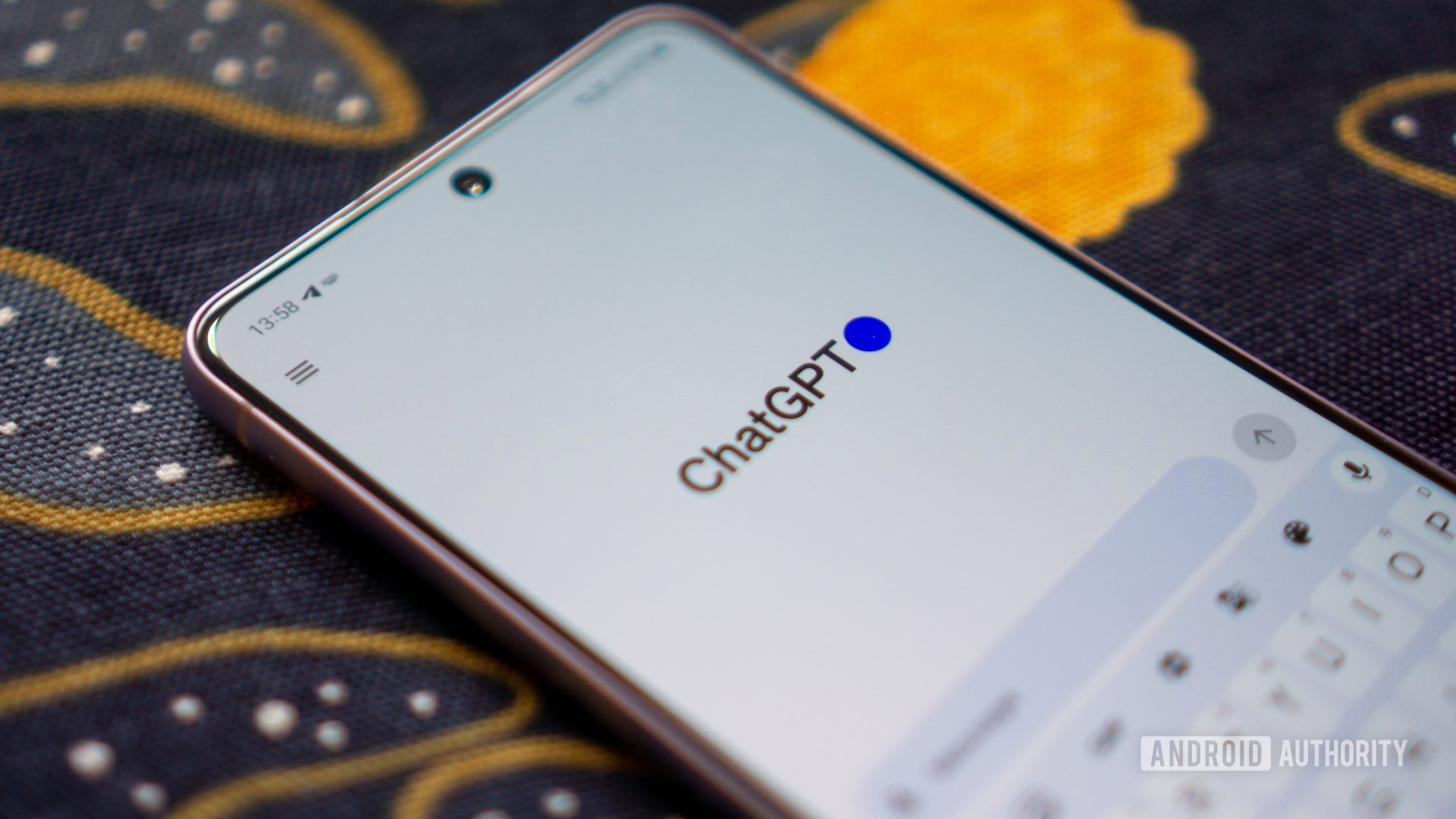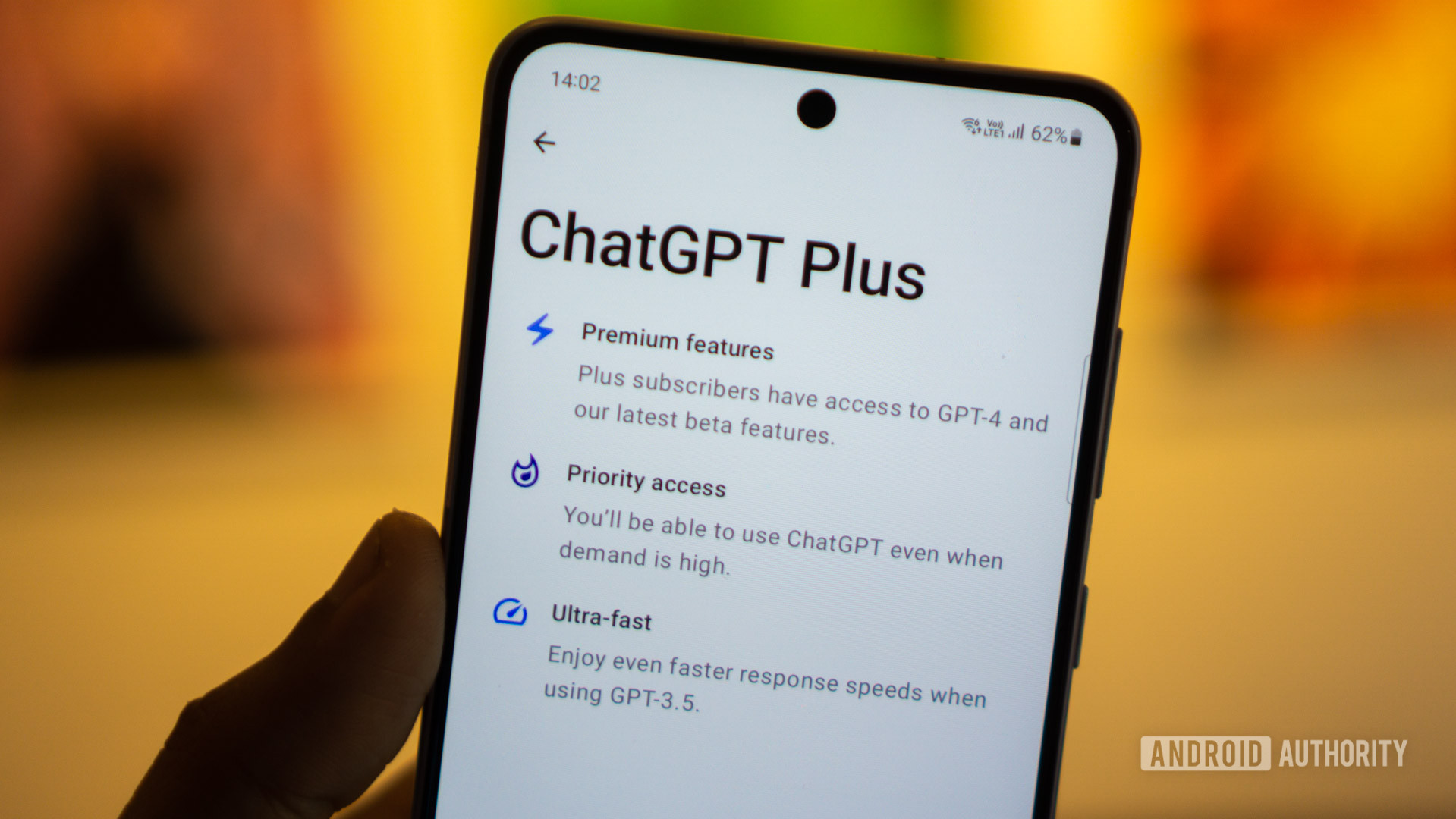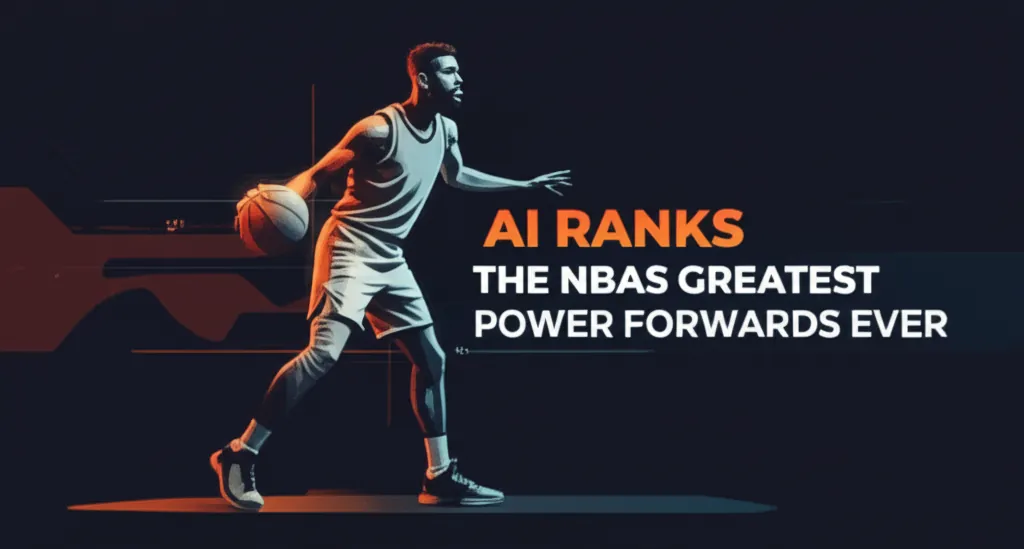Developer Offer
Try ImaginePro API with 50 Free Credits
Build and ship AI-powered visuals with Midjourney, Flux, and more — free credits refresh every month.
The Case For Using Separate ChatGPT Accounts
I'll be the first to admit it: I'm a recovering AI enthusiast. While I've always had mixed feelings about artificial intelligence, I found it to be an invaluable tool for brainstorming, proofreading, and even entertainment. My usage grew to a point where I was paying for two separate ChatGPT accounts. It might sound excessive, but in certain situations, it can be a surprisingly practical approach.

Why I Started Using Two ChatGPT Accounts
The whole experiment began when I kept hitting usage limits. I was using AI extensively for personal projects and fun, which often left me unable to use it for critical work-related tasks. As ChatGPT Plus users know, different models have different message caps. I frequently use models with stricter weekly or daily limits because they provide more direct and less agreeable feedback, which I find more useful. Realizing my personal use was interfering with my professional needs, I considered my options, including exploring a Gemini subscription. However, my preference for ChatGPT's interface and output led me to a different solution: a second account.
I started the tedious process of migrating my chats, copying and pasting important logs to the new account and deleting them from the original. My goal as a freelancer was to create a clean separation between client work and my personal, experimental projects.
The Unexpected Benefits of Separating Work and Play
This wasn't just about managing message limits. A major advantage emerged from how ChatGPT adapts to user preferences. The AI builds an abstract pattern based on your communication style. My professional voice is vastly different from my personal one, which tends to be much more informal.
After splitting my accounts, I noticed ChatGPT's responses became more attuned to the context of each account. The 'work' account provided more professional and structured answers, while the 'personal' account adapted to my more casual tone. This contextual learning made the tool significantly more effective for its specific purpose in each sphere.
These days, I no longer pay for two accounts as my reliance on AI has decreased. However, I still maintain a paid Plus account for business and a free account for personal use. This keeps my chat histories separate and gives me the flexibility to upgrade my personal account again if my needs change.
Is Having Multiple ChatGPT Accounts Against The Rules

If you think a second account could help you, the process of signing up is straightforward as long as you have two different email addresses. But does this violate OpenAI's policies?
I looked into this before I started. According to OpenAI's Terms of Service, there is no explicit rule against having two accounts, provided you aren't doing it to deliberately circumvent usage limits in a malicious way. My primary reason—separating business from personal use—felt like a legitimate justification. I was organizing my data and ensuring my work productivity wasn't hampered by personal experimentation.
Ultimately, it can be seen as a gray area. ChatGPT itself notes that having two accounts is generally acceptable if the primary goal is to keep activities distinct for billing, privacy, or data management. The TOS is mainly designed to stop users from abusing the system by stacking free trials or API credits. As long as your intentions are based on genuine organizational needs, it's unlikely to cause any issues. In fact, creating separate accounts for business use is a common practice for tax and record-keeping purposes.
Compare Plans & Pricing
Find the plan that matches your workload and unlock full access to ImaginePro.
| Plan | Price | Highlights |
|---|---|---|
| Standard | $8 / month |
|
| Premium | $20 / month |
|
Need custom terms? Talk to us to tailor credits, rate limits, or deployment options.
View All Pricing Details

